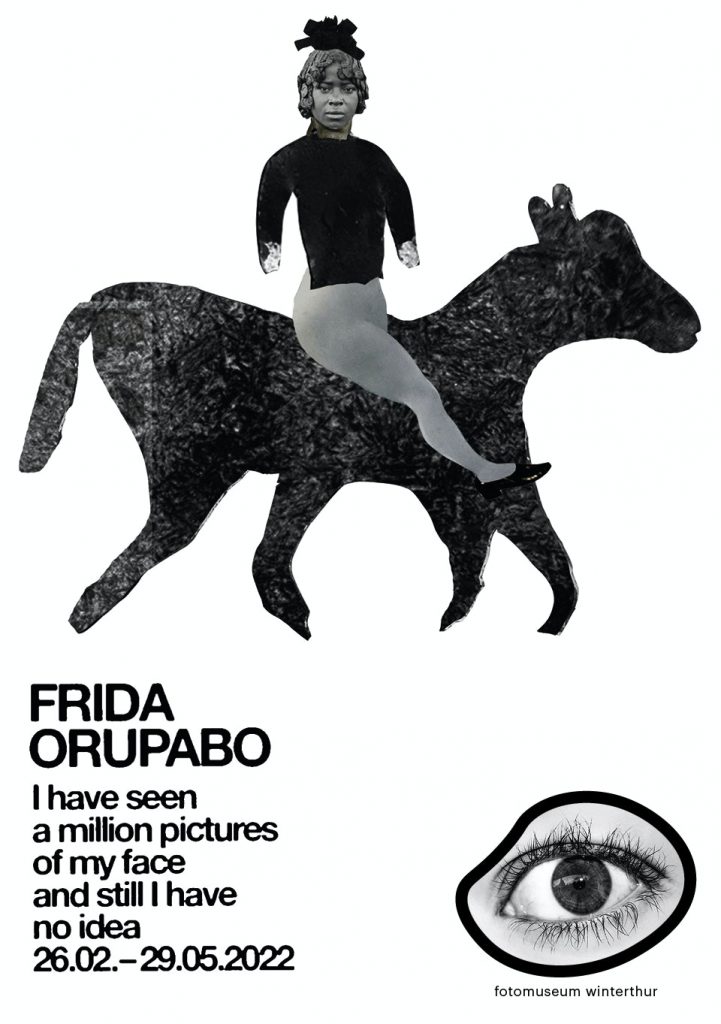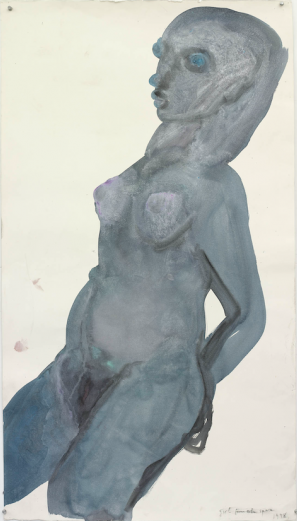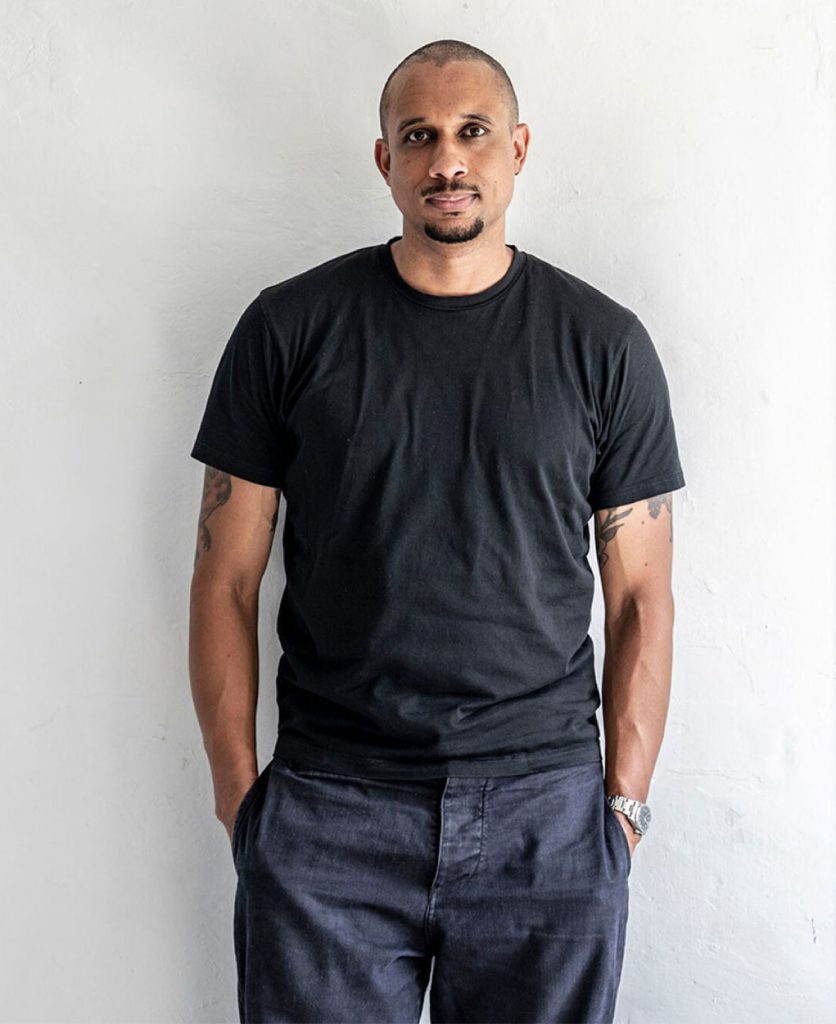Uche Okeke: Major Exhibition in Germany
28/04/2022 - 15/10/2022Iwalewahaus in collaboration with Asele Institute and The Professor Uche Okeke Legacy Limited presents “We will now go to Kpaaza”, a contemporary visual art exhibition at Iwalewahaus, Wölfelstraße 2, 95444 Bayreuth, Germany from 28 May – 15 October 2022, jointly curated by Ijeoma Loren Uche-Okeke (Nigeria/South Africa) and Nantume Violet (Uganda/Germany).
“Perhaps, I should get out of myself, get beyond the frontier of my very being, to study man now – man confused and confident….to free myself from all that oppress me. I will go to Kpaaza.”
MUNICH, 1970 – 2022, Uche Okeke
The art of Uche Okeke ( 1933-2016) emerged at a critical moment in Nigeria’s history: the cusp of British colonialism and the advent of political independence in 1960. Uche Okeke was one of a significant group of artists who recognised the moment and sought to devise a new modality for modernist art, introducing the beginnings of Africa’s postcolonial landscape and rejecting the colonial orthodoxy that had dictated Uche Okeke’s training at the Nigerian College of Arts, Science and Technology, Zaria (now Ahmadu Bello University), an important centre of emerging art. Okeke invented a modernist vocabulary that drew on the aesthetic traditions and worldview of the Igbo, his ethnic group, and combined them with his formal exposure to artistic sensibilities from elsewhere in what he called “natural synthesis”. He was guided by the resurgent African spirit which, at the time, found a foothold in the ideologies of Pan-Africanism aimed at reinventing the body politic, reclaiming agency and ultimately restoring the dignity of the African person after decades of colonial subjugation. Okeke’s philosophy of natural synthesis called for the creation of locally relevant art, while serving the larger goal of advancing black and African perspectives of modernity in a global context. 1Source: MoMA Collection, Art and Artists

Six years after the passing of Uche Okeke, master modernist artist, visionary, scholar and change agent, the relevance of his vision and legacy continues to manifest in contemporary and modern African art and African artists’ practice on the global stage. This exhibition contributes to global discourse and, most importantly, it highlights the importance of Uche Okeke’s legacy as an artist, writer/poet, folklorist, educator, and cultural activist.
The exhibition presents a body of Uche Okeke’s work focusing on works on paper, including drawings and paintings, posters created by Uche Okeke to support the Biafran War efforts, and maps of the Biafra territory that have not been on display for many years.
The works featured in the exhibition are selected from Uche Okeke’s private collection, now known as the Asele Institute Art Collection. They include works by Nigerian modernists such as Demas Nwoko, Bruce Onobrakpeya, Okechukwu Odita, Oseloka Osadebe, as well as protégé’s of Okeke including Ego Uche-Okeke, Uzo Ndubisi, and Emmanuel Tetteh, who he met during his trips to Ghana in the 1970s.
The works are in conversation with artworks from Iwalewahaus , such as works by Obiora Udechukwu and other artists from the Nsukka School. Furthermore, the exhibition makes accessible materials from the Asele Institute archives, including exhibition posters, brochures and particular items from Uche Okeke’s trips to Germany between 1962 and 1963.

A key element of We will now go to Kpaaza is a series of immersive installations by contemporary Nigerian artist Jeremiah Ikongio. These include 3D modeling, animation and sound installations based on Uche Okeke’s drawings and sculptures and can also be experienced through augmented reality (AR).
Kpaaza, a term used by Uche Okeke is a metaphor for spiritual, intellectual and creative journeys in search of self. Kpaaza frequently resurfaces in the artist’s writing when he is referencing journeys he made to his ancestral home and to foreign lands, but also to places of questioning and acquiring knowledge. It symbolises critical internal and external journeys that are reflective of traditional ways of creating and making art in modern times.
The exhibition takes the line as a guiding curatorial principle. It draws from Uli’s dynamism; the line is perceived as a dot that goes for a walk, the ecology of the communal Uli painting, in which the lines meander, slipping in and out. Uli is a linear mark-making practiced by Igbo women in traditional settings, adorning the body for beauty or the walls as murals. Okeke’s mother drew uli designs when he was growing up.

We will now go to Kpaaza acknowledges mobility as an important resource – of bodies, of ideas, information and of influence – the exhibition highlights key conjunctions in Uche Okeke’s artistic practice that was catalysed by the travels made over the durations of his professional career. The “German experience”, as highlighted in his book “Art in Development – A Nigerian Perspective”, became crucial in structuring the already established Asele Institute. Okeke spent two years in the then West Germany, training in the art of stained glass and mosaic under Karl Mayer at the Mayer’sche Hofkunstanstalt in Munich. He made contacts and built personal and professional relationships that allowed for exchanges with numerous cultural institutions as well as other sectors.
For more information on the exhibition and related programming please email Katharina Fink – frl.Fink@uni-bayreuth.de or Lena Naumann – lena.naumann@uni-bayreuth.de
Featured artists:
Uche Okeke, Ego Uche-Okeke, Bruce Onobrakpeya, Demas Nwoko, Okechukwu Odita, Oseloka Osadebe, Uzochukwu Ndubisi, Emmanuel Tetteh, Kinode, C.O. Ibe, Kuniyasu, J.O. Akujobi, Anozie, F.N. Ekeada, Martin O.C. Onwuzuruoha, Ibrahim El Salahi, Mathias Kauage
Digital intervention by Jeremiah Ikongio in conversation with Uche Okeke’s text-based and sculptural artworks




